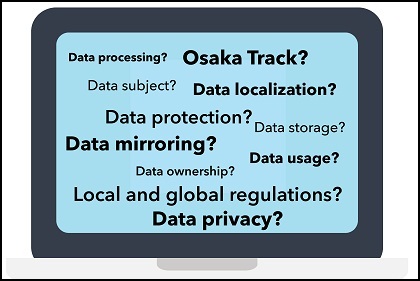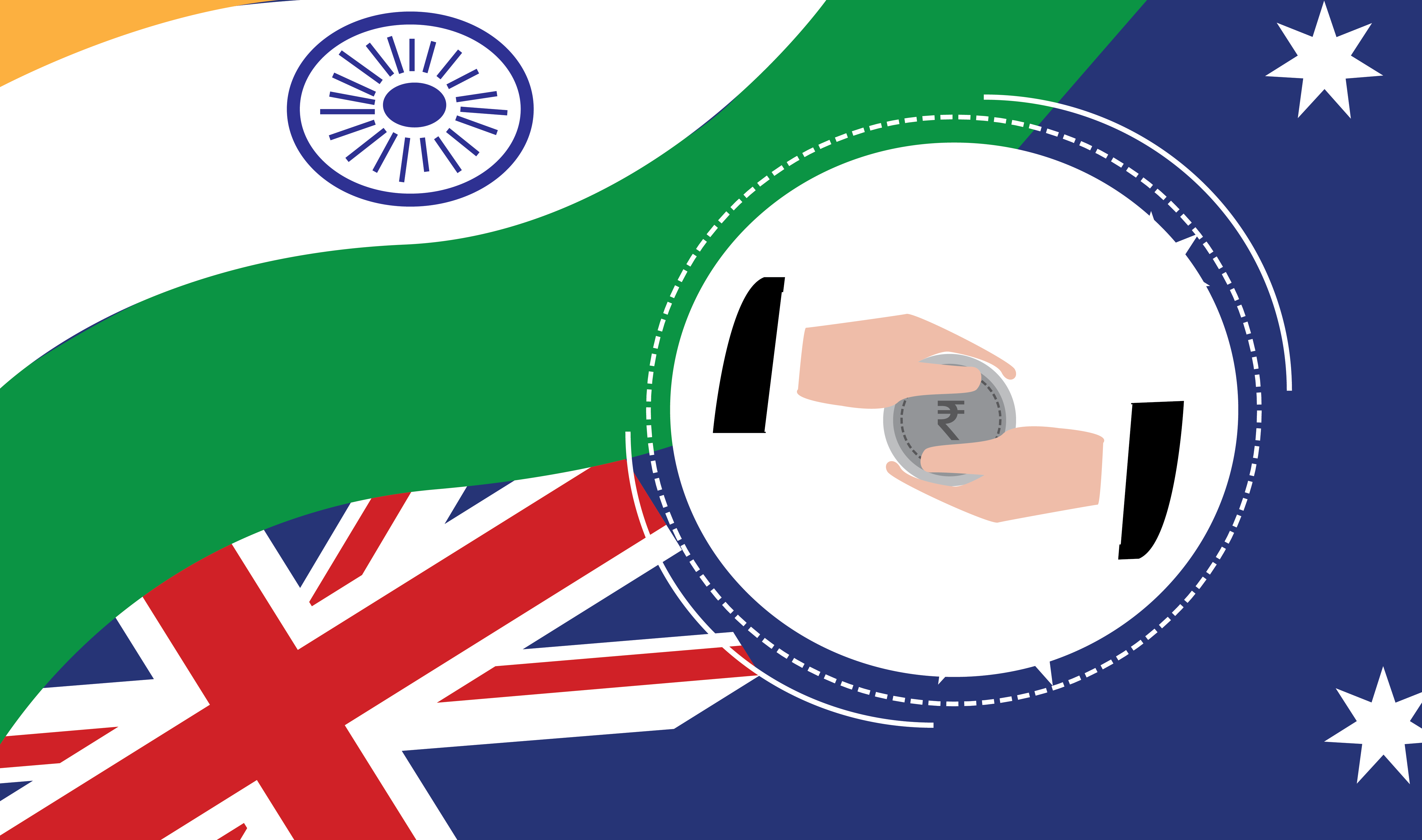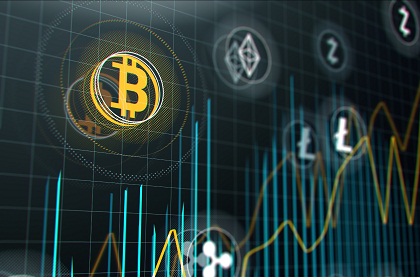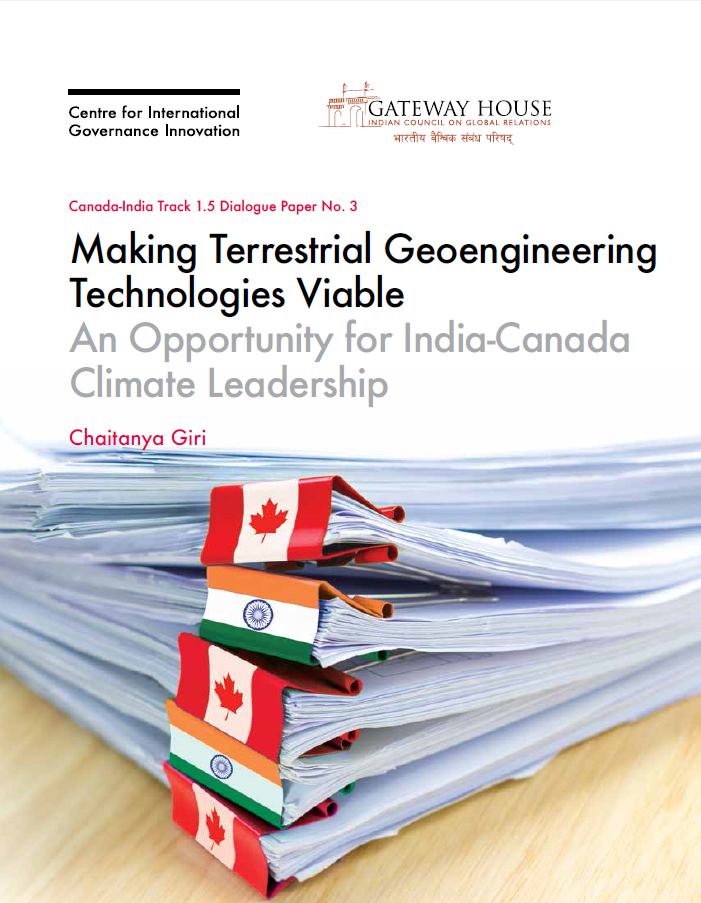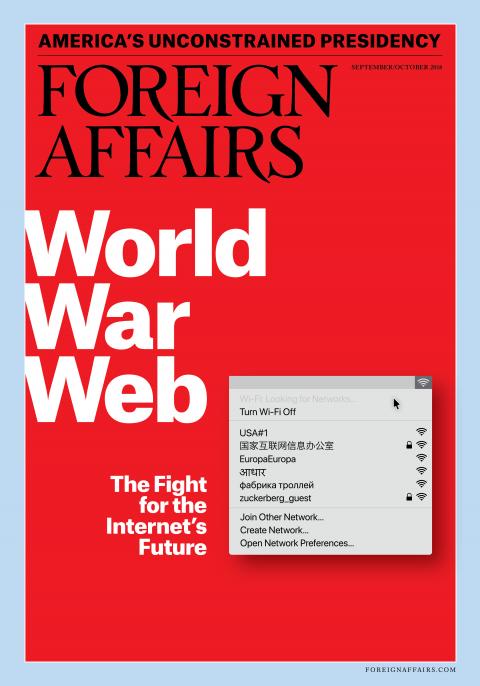The Telegram phenomenon
The tool used to sustain and coordinate protests is a young, encrypted messaging service called Telegram. Its unique privacy and security features and resistance to the state has made Telegram more popular than its larger rivals, WhatsApp and WeChat. What is this communication phenomenon?


